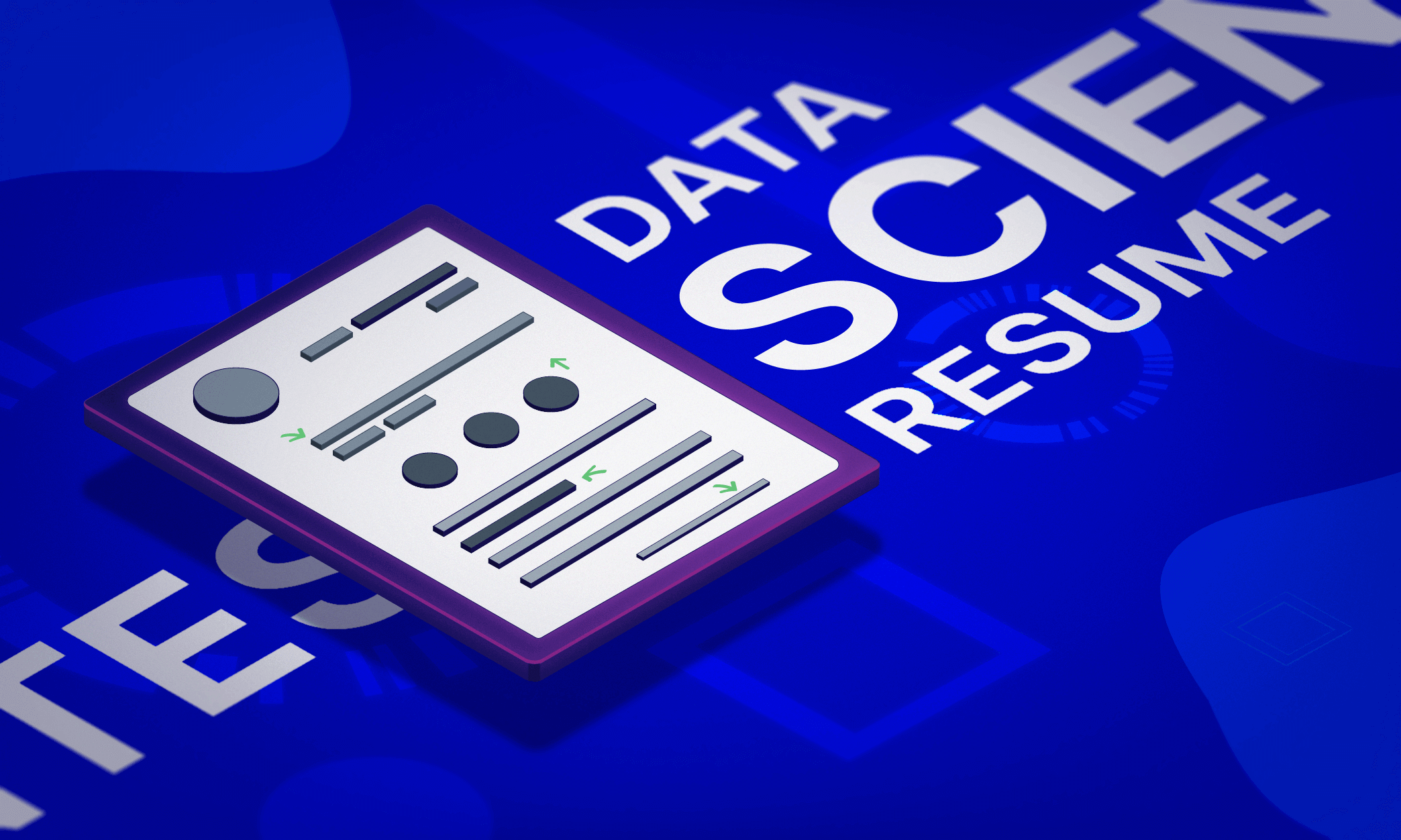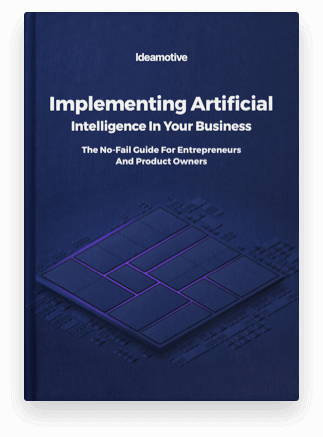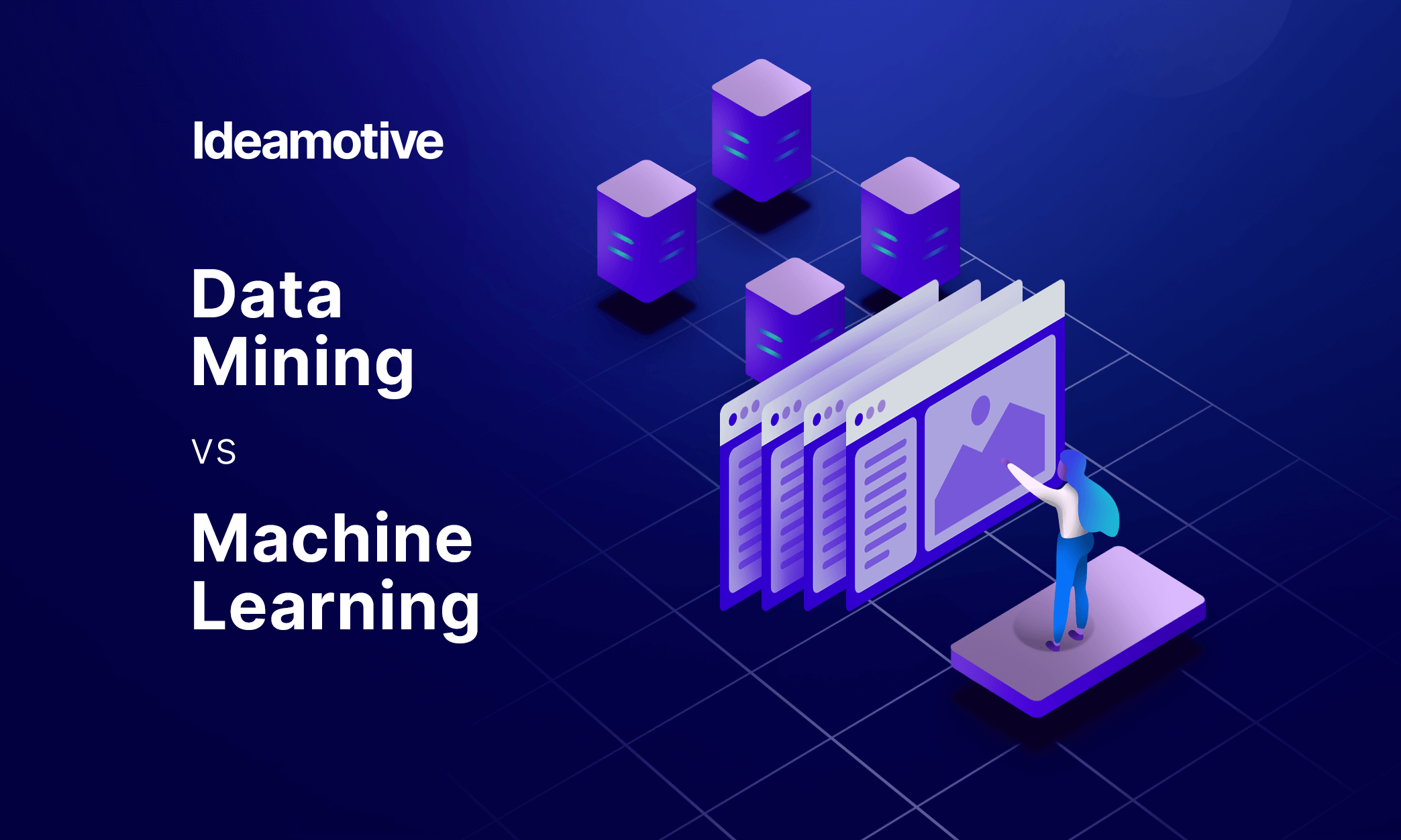Are you determined to go out on the job market and get a data scientist job? Then you’ll need a powerful resume. Glassdoor has named data scientist as the number one job in the US. Needless to say, that competition for the job is on the consistent rise. That's why you need to stand out, and a strong resume will help you with that.
If you don’t have an effective resume, you’ll lose the chance to get an interview, and ultimately the job. Writing a resume can be very stressful. However, it doesn’t have to be if you have the right formula for writing an effective resume. The following tips will give you the main pointers that are crucial for building a powerful data scientist resume.
.png?width=1584&name=Python_%20The%20Definitive%20Business%20Guide%20-%20blog%20banner%201584x396%20(1).png)
Keep It Concise
A very common question is how long the data scientist resume should be. Usually, the candidates try to keep the length of the resume under one page, but that depends on the location of the company and your experience. For example, in the UK, 2-page resumes are widely accepted especially for senior roles.
The main idea that should guide you is to keep the resume relevant and concise and do your research on the recommendable resume length in your country. Just remember that you shouldn't eliminate relevant information to stick to the norm.
Concise resumes that consist of only position-relevant experiences are more appealing to hiring managers. Considering that they have dozens (sometimes even hundreds) of resumes to go through, they don’t want to lose time reading unnecessary information.
Present Only Relevant Information
Depending on the job position you are applying to, filter the information that you will include in the resume. The data scientist qualifications that you will emphasize have to match the data scientist requirements stated in the job description.
For example, there is no need that you write about how you took an accounting course in college if you want to get a job as an NLP engineer. Be very meticulous when deciding what’s relevant for the job position.
The key points you should include are:
- Contact information
- Work experience (relevant to the job posting)
- Education (only post-secondary degrees)
- Data science projects you’ve engaged in individually or in the university (for example, researching data discrepancies and resolving them with troubleshooting team – highlight individual contribution in group projects)
- Data science certificates
- Hard skills (Python, Pandas, Data cleaning, Command Line, SQL, Probability/Statistics, etc.)
- Achievements/awards
- Linkedin profile link
A professional and presentable Linkedin profile has become crucial in job hunts as many recruiters turn to this platform for sourcing and reaching out to candidates. However, don’t copy and paste the whole URL. Create a personalized URL with URL shortening service, such as bit.ly. The link can be an iteration of your name, such as linkedin.com/in/johngeorgesmith/.
If relevant, you might add:
- Performance in data science hackathons
- Participation in open source projects
- Involvement in (online) community (Meetup: Data Scientists Around the World - Yearly virtual meetups for data scientists around the globe where we talk about Data Science trends, Data Science tools, etc.)
That’s pretty much everything that you need. Within each point, add the information that is valuable for the job position.
Personalize the Resume
You are probably planning to send your resume to multiple companies. Therefore, you should personalize the resume for each position. You might be even considering applying for a data analyst or data engineer aside to data scientist jobs, so you'll resume will need some tweaking.
Irene Rowe, a technical writer at TopEssayWriting, shared some valuable advice on the topic, “Read carefully every requirement and do some background check on the company to customize the resume as much as possible. Those kinds of details are what hiring managers notice.”
For example, if you are applying for a remote data scientist job, you should emphasize self-discipline and great organizational skills. However, for a local data scientist job, being a team player will be a much more important skill.
In the template, write down all courses, job positions, projects, and other relevant experiences. Also, write down all your strengths and skills that you find to be valuable. Before you send the resume to a specific company, look over the template, and remove any irrelevant points. In this way, you won't have to write the points each time. You'll just edit the template and send the copy.
Make It Easy to Skim
It's not rare that the hiring managers first skim the resume and then start reading it. That's why you should make your data scientist resume scannable. What does this mean? Well, you should use subheadings and bolded text to segment the information.
The hiring manager should be able to spot the information they are looking for after taking a glimpse at your resume. Be guided with this idea during writing. If you need some help with structuring the resume, turn to writing services such as ClassyEssay or TrustMyPaper, whose technical writers can give you some pointers.
There are lots of great data scientist resume samples that will provide you with an idea of how your resume should look like. Simply follow that lead, and you'll be on the right track.
Include Specific Metrics
Rather than praising yourself with vague adjectives, provide hiring managers with specific numbers. Prove your effectiveness instead of talking about how great you are.
Let’s say that you’ve helped a business improve their conversion rates by using SVM. State the numbers that you've accomplished. Such as Increased conversion rate from 1% to 2.1% in 6 months. This information will be highly appreciated by hiring managers.
The data scientist’s resume should showcase the results as well as the time period in which you managed to achieve that. It will show your ability to add a real contribution to a company, and it will also present your efficiency.
Use Relevant Keywords
Many recruiters use an Applicant Tracking System (ATS) to eliminate candidates. ATS sorts through applications based on relevant keywords. The keywords it seeks are phrases and keywords from the job description. Therefore, take a close look at what kind of skills and experience they search for and use the exact keywords. This will increase your chances of getting the interview.
Use keywords such as: SQL, GAN, Machine learning, Python, Apache Spark, R Programming, Orange3, Cybersecurity, Data manipulation, Data analysis, Teamwork.
These are just a few examples, but you need to identify the keyword according to the job description. You can even use job description keyword finder like Resume Worded for that purpose. “Having a list of weight rare keywords that you need to include in the resume in front of you will make writing the resume so much easier. So, whether you use a keyword finder tool or not, prepare the keywords in advance,” advises Amanda Sully, a writing expert and editor at GrabMyEssay.
Final Thoughts
Whether you are applying for a data scientist job or data engineer job, these tips can be very valuable. They will ensure that your resume doesn't get neglected and overlooked. Be very detail-oriented and methodological when writing the resume. Invest time and patience to craft an impeccable data scientist resume that will present you as the perfect candidate for the job.
If you need some help with finding the right job for your skills, there is a solution. We at Ideamotive is always on the lookout for talented engineers, including data scientists. If you are interested, please join our Talent Network, and we will provide you with interesting data science projects that match your profile and skills.
Good luck!


.png?width=1584&name=Python_%20The%20Definitive%20Business%20Guide%20-%20blog%20banner%201584x396%20(1).png)


-1.png)




